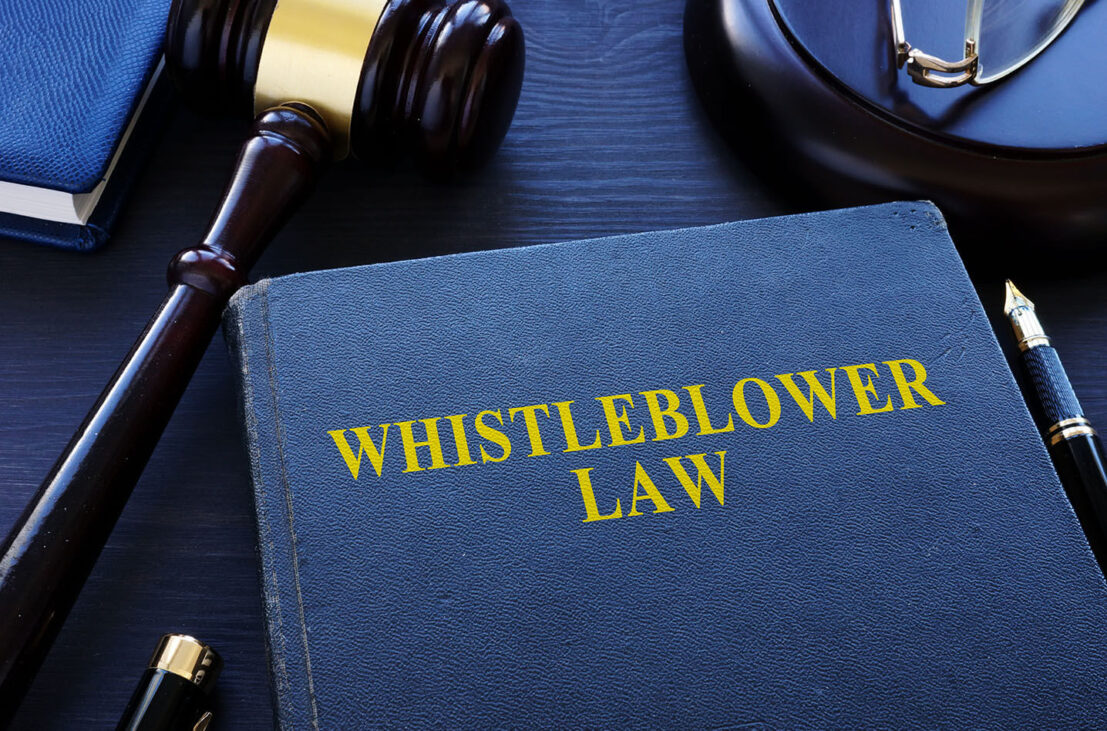
March 30, 2022
A heightened regulatory focus on the safety of business aviation operations, including ongoing scrutiny over illegal charter flights, may lead employees or contract personnel to file “whistleblower” complaints alleging safety discrepancies at their company.
Air carriers, including Part 121 and Part 135 operators, are prohibited from discriminating against those who report information related to air carrier safety under the Wendell H. Ford Aviation Investment and Reform Act for the 21st Century (AIR21) enacted in 2000.
Companies can face significant legal, regulatory and financial ramifications if OSHA finds retaliatory action was taken against a worker who submitted a safety-related complaint to the FAA or OSHA.
“The definition of retaliatory action is any adverse employment action taken against the employee that may be tied to the employee’s complaint,” said Alison Squiccimarro, an attorney with the Law Offices of Paul A. Lange LLC.
That may include termination, disciplinary action, denying a promotion, a reduction in work hours or other hostile treatment. Squiccimarro noted AIR21 also forbids such actions against workers who testified or cooperated in the prosecution of a complaint, those workers who have made internal safety complaints and/or those the company believes may file a whistleblower complaint, but haven’t yet done so.
While AIR21 does not protect a whistleblower from adverse job actions taken against them for cause, the burden of proof falls on the company to show they would have taken the action whether or not the employee had voiced a safety complaint.
“An employer can demonstrate they would have taken the work action notwithstanding the protected activity,” said David Olson, principal of the David Olson Law Group. “An employee who shows up drunk for work can be fired irrespective of their assertion of a whistleblower complaint.”
Should the investigation demonstrate retaliatory action was taken, the worker may be entitled to further damages, including for emotional distress. However, such claims are often met with additional scrutiny.
“I’ve seen pilots’ claims of severe emotional distress fall by the wayside over potential falsification of their medical certificate, because they didn’t note such distress at the time of renewal,” Squiccimarro said. “A careful cross-examination at trial or in a deposition can cause a pilot to rethink and withdraw or settle a whistleblower complaint.”
Such legal intricacies make it important for both sides to seek proper legal representation. “Companies on the receiving end of a whistleblower complaint should lawyer up right away,” Olson said. “These complaints are quite serious and the penalties can be quite onerous if they are found to have violated the law.”
An initial determination on an AIR21 complaint is made based solely on written submissions. Either party can then request a hearing before an administrative law judge, at which point the original findings have no further effect. At the hearing, both sides can present evidence and live testimony.
While a whistleblower complaint may point toward significant safety lapses in a flight operation, there are signs the industry is actively moving to remedy such concerns. Squiccimarro noted such complaints have trended downward in recent years, from 106 in fiscal year 2017 to 57 in FY2021.


 International Business Aviation Council Ltd.
International Business Aviation Council Ltd.